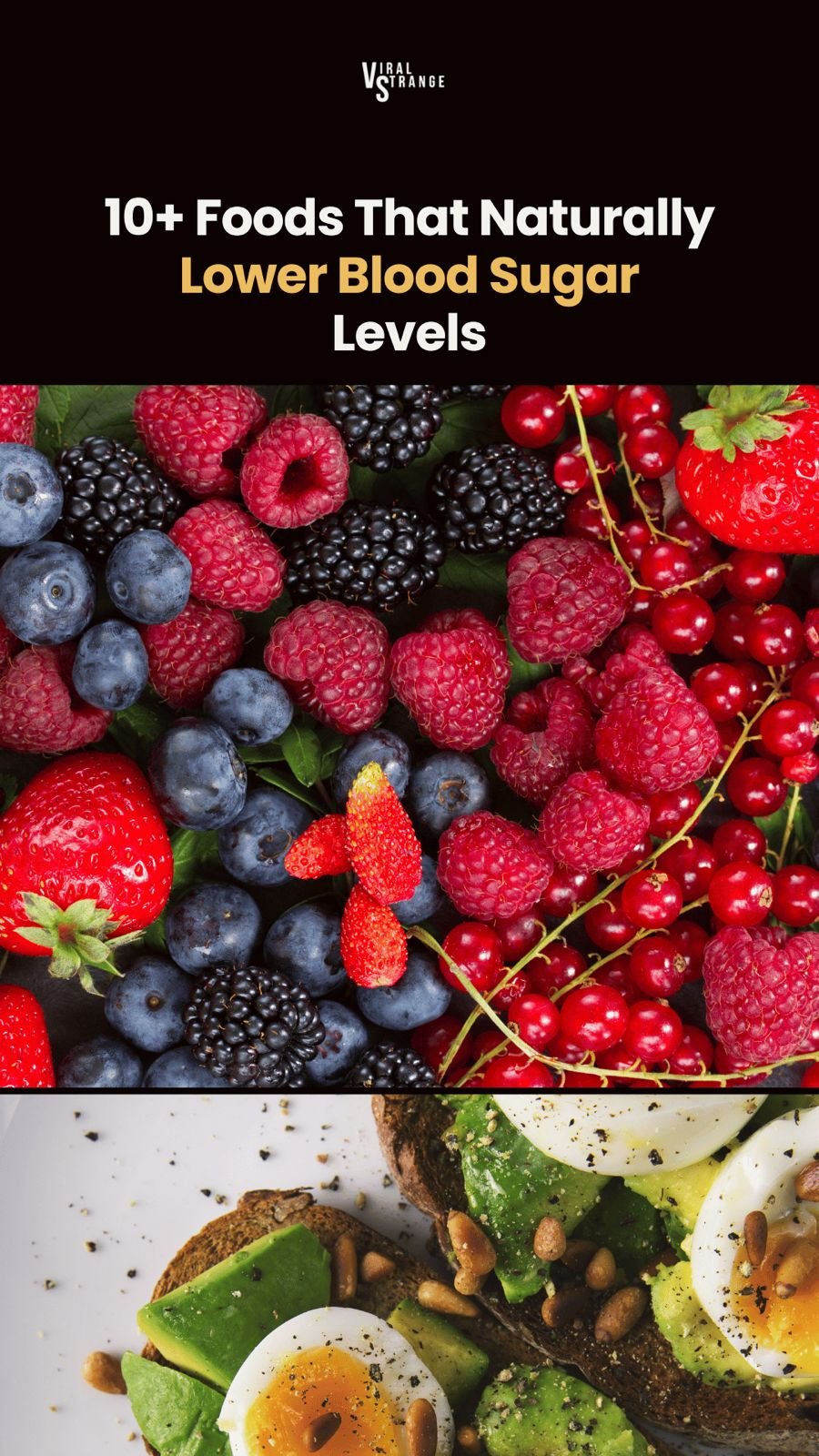Discover 10+ nutrient-rich foods that can help naturally lower blood sugar levels and promote overall health.
Maintaining healthy blood sugar levels is vital for overall well-being and in preventing conditions like diabetes. While factors such as genetics, stress, physical activity, and body weight play significant roles, adopting a healthy diet is a powerful tool in blood sugar management. Incorporating specific nutrient-dense foods can naturally aid in regulating blood sugar. Here are over ten foods known for their blood sugar-lowering properties.
Pumpkins are rich in antioxidants and fiber, making them excellent for regulating blood sugar levels. In many countries, such as Iran and Mexico, pumpkin has been traditionally used as a diabetes remedy. They contain polysaccharides—a type of carbohydrate studied for its potential to regulate sugar levels. Additionally, pumpkins are packed with protein and healthy fats, supporting blood sugar management.
Seafood is abundant in healthy fats,
vitamins, minerals, protein, and antioxidants that assist in lowering blood sugar levels. Protein helps prevent post-meal spikes in blood sugar, slows digestion, and enhances satiety. Regular consumption of fatty fish like sardines and salmon has been linked to improved post-meal sugar levels.
Broccoli contains sulforaphane, a plant chemical with blood sugar-reducing properties produced when the vegetable is chewed or chopped. Broccoli extract, rich in sulforaphane, has demonstrated potent antidiabetic effects in various studies, enhancing insulin sensitivity and reducing oxidative stress markers. Broccoli sprouts, high in glucosinolates, also promote insulin sensitivity and reduce blood sugar levels in individuals with type 2 diabetes.
Beans and lentils are packed with nutrients beneficial for lowering blood sugar, including fiber, protein, and magnesium. They contain significant amounts of resistant starch and soluble fiber, which slow digestion and improve post-meal blood sugar response. Studies have shown that adding beans or lentils to meals can significantly reduce post-meal blood sugar levels.
Consuming chia seeds may aid in blood sugar management. Studies indicate that chia seeds can reduce blood sugar levels and improve insulin sensitivity. In one study, participants who consumed ground chia seeds with a sugar solution experienced a 39% reduction in blood sugar levels compared to those who only consumed the sugar solution.
Okra is rich in compounds like polysaccharides and flavonoid antioxidants that lower blood sugar. Its seeds contain properties suitable as a natural remedy for diabetes. While animal studies have shown promise, more human trials are needed to verify these properties.
Avocados are full of fiber, minerals, healthy fats, and vitamins, offering substantial blood sugar regulation benefits. Multiple studies suggest that avocados may help lower blood sugar levels and protect against metabolic syndrome—a cluster of conditions increasing the risk of chronic diseases like high blood sugar.
8. Berries
Berries are rich in vitamins, fiber, antioxidants, and minerals, making them a good choice for individuals managing their blood sugar. Consuming berries has been associated with improved insulin sensitivity and reduced blood sugar levels after meals.
Eggs are a versatile and nutritious food, rich in protein, vitamins, and minerals. They have been shown to improve fasting blood sugar levels and insulin sensitivity. Including eggs in your diet may also promote satiety, helping to manage overall calorie intake.
Oats are whole grains rich in soluble fiber, particularly beta-glucan, which helps regulate blood sugar levels by slowing digestion and preventing rapid spikes. Incorporating oats into your diet can enhance satiety and aid in weight management.
11. Yogurt and Kefir
Both yogurt and kefir are fermented dairy products that can assist in regulating blood sugar levels. Studies have shown that consuming kefir can significantly reduce HbA1c and fasting blood sugar levels in individuals with type 2 diabetes. Regular yogurt consumption has also been linked to a reduced risk of developing type 2 diabetes.
Incorporating these nutrient-rich foods into your diet can play a significant role in naturally lowering and managing blood sugar levels. Alongside a balanced diet, regular physical activity, and a healthy lifestyle, these foods can contribute to overall well-being and the prevention of chronic diseases.



